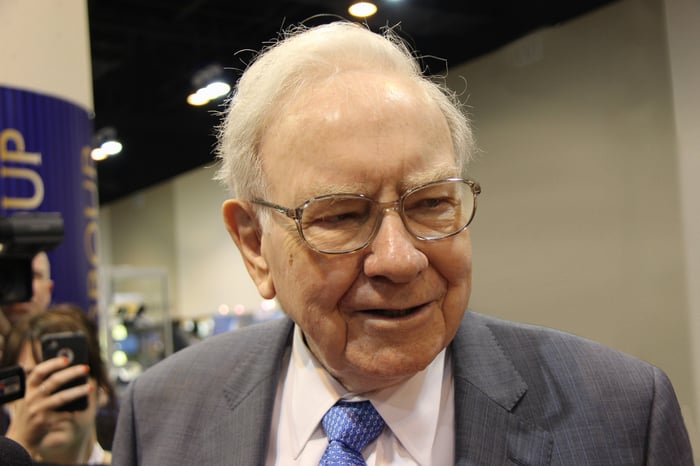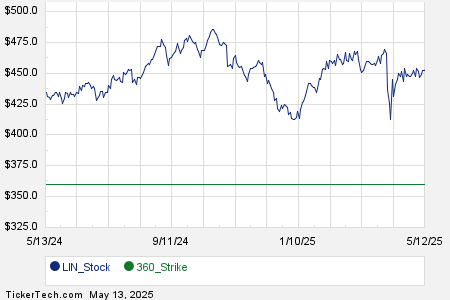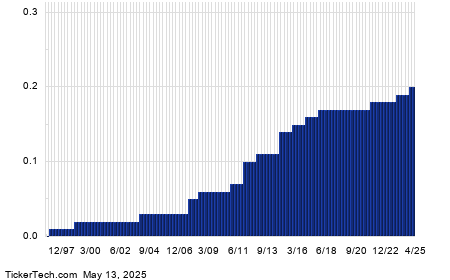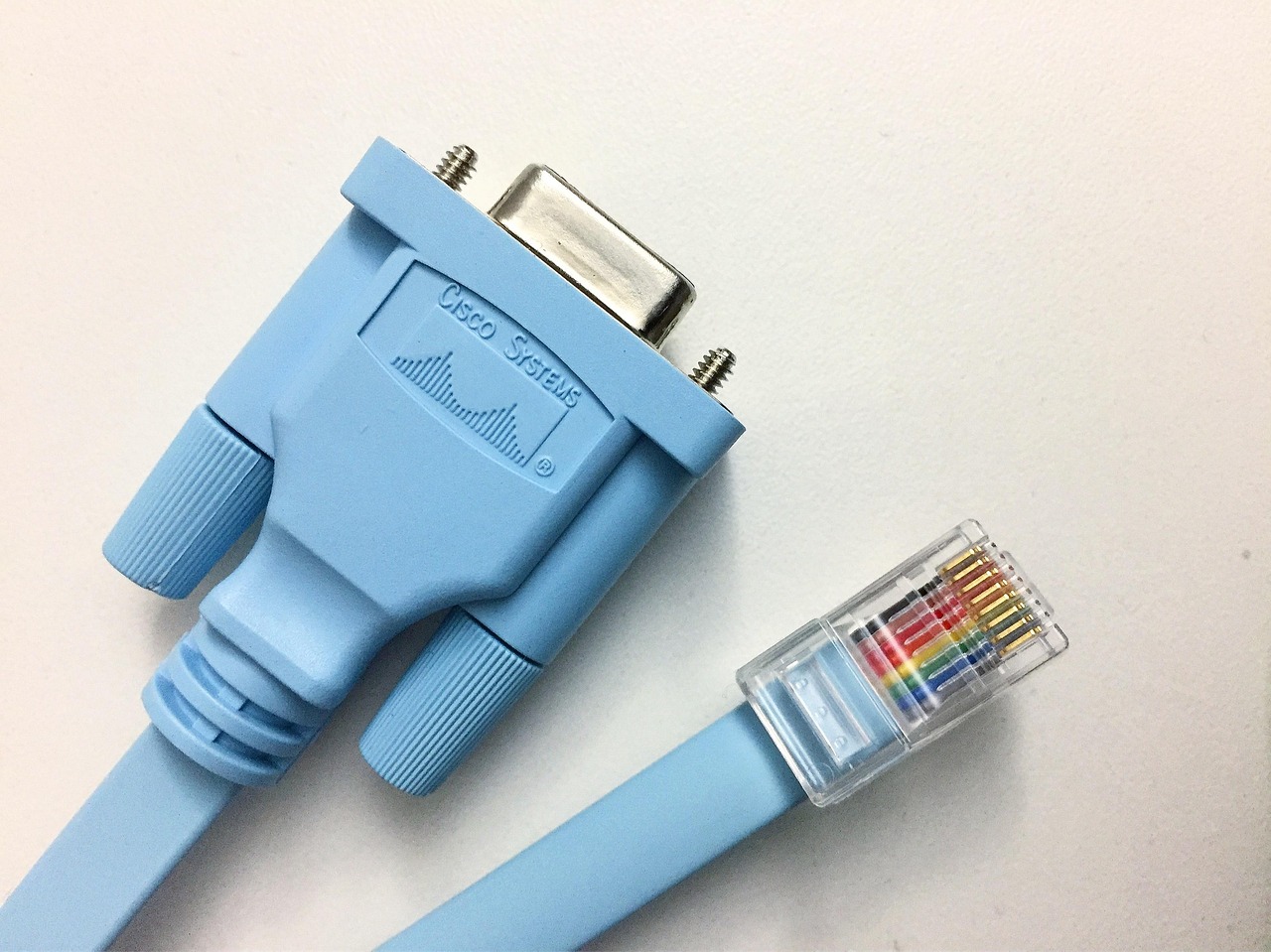Warren Buffett to Step Down as CEO, Greg Abel to Take Charge
Warren Buffett surprised Berkshire Hathaway (NYSE: BRK.A)(NYSE: BRK.B) shareholders earlier this month by announcing at the company’s annual meeting that he would step down as CEO at the year’s end. Having led Berkshire for nearly sixty years, Buffett’s strategy has enriched countless shareholders, with Berkshire’s stock generating exceptional returns.
Buffett will pass leadership to Berkshire’s Vice Chair, Greg Abel. Though Buffett previously indicated Abel would succeed him, the timeline was unclear until now. With a substantial $350 billion cash reserve, Abel assumes leadership of a company with a robust balance sheet, ready to seize potential opportunities.
Potential Moves Under New Leadership
Many speculate that Buffett has been hoarding cash in anticipation of transitioning to his successor. Despite his denials, the leadership change feels significant. Investors have looked to Buffett, even at 94, as a stabilizing force amid market volatility since the COVID-19 pandemic began in 2020.

Image source: Motley Fool.
Berkshire’s rapid growth presents challenges for strategic buying. With a market cap exceeding $1 trillion and an equity portfolio often surpassing $300 billion, making stock purchases has become difficult. Berkshire aims to keep ownership below 10% in any company, limiting its options and often rendering many acquisitions ineffective.
However, Berkshire has consistently upped its stakes in existing holdings, notably increasing its investment in Apple to 40% of its total portfolio. Abel may continue this trend. Having managed Berkshire Hathaway Energy, he and his team appear confident that domestic energy and oil will remain valuable sectors. This raises questions about a potential outright purchase of Occidental Petroleum, in which Berkshire already owns 28% of shares. Notably, Occidental’s CEO, Vicki Hollub, has expressed a desire for a buyout by Berkshire, calling it “a dream come true.”
Increased Capital Distributions Ahead
Under Abel’s leadership, an increase in capital returns to shareholders seems likely. Recently, Berkshire has not repurchased stock at its usual rate. This could be due to high stock valuations. Nevertheless, shareholders may expect a more consistent buyback strategy under Abel, who may find it more challenging to hold onto large cash reserves as Buffett has.
Additionally, Abel might consider launching a dividend. Buffett avoided dividends, believing he could use capital more effectively, a view that has proven correct. However, the sheer scale of Berkshire may necessitate a shift towards dividends, especially as capital deployment becomes increasingly complex.
A dividend could also attract new investors. Given Berkshire’s reputation for capital efficiency and its status as a safe haven during turbulent markets, this addition may strengthen its appeal. Investors value the company’s diverse operations, strong earnings, and effective management, and a new dividend could enhance this image.
Should You Invest $1,000 in Berkshire Hathaway Now?
Consider the following before investing:
Recently, an analyst team identified the 10 best stocks for investors to buy now, excluding Berkshire Hathaway. The selected stocks are projected to yield significant returns over the coming years.
Reflect on the past: when Netflix made this list on December 17, 2004, an investment of $1,000 would now be worth $598,613.
Or consider Nvidia, which appeared on the list on April 15, 2005; that same $1,000 would now be valued at $753,878.
The Stock Advisor has achieved an average return of 922%, far outperforming the S&P 500’s 169%. Staying informed on top stock recommendations might be beneficial.
*Stock Advisor returns as of May 12, 2025.
Bram Berkowitz has no position in any of the stocks mentioned. Berkshire Hathaway is recommended by analysts.
The opinions expressed here are those of the author and do not necessarily reflect those of Nasdaq, Inc.






